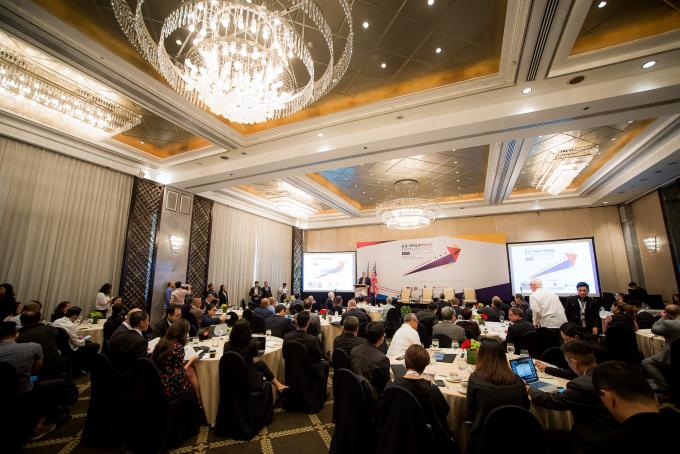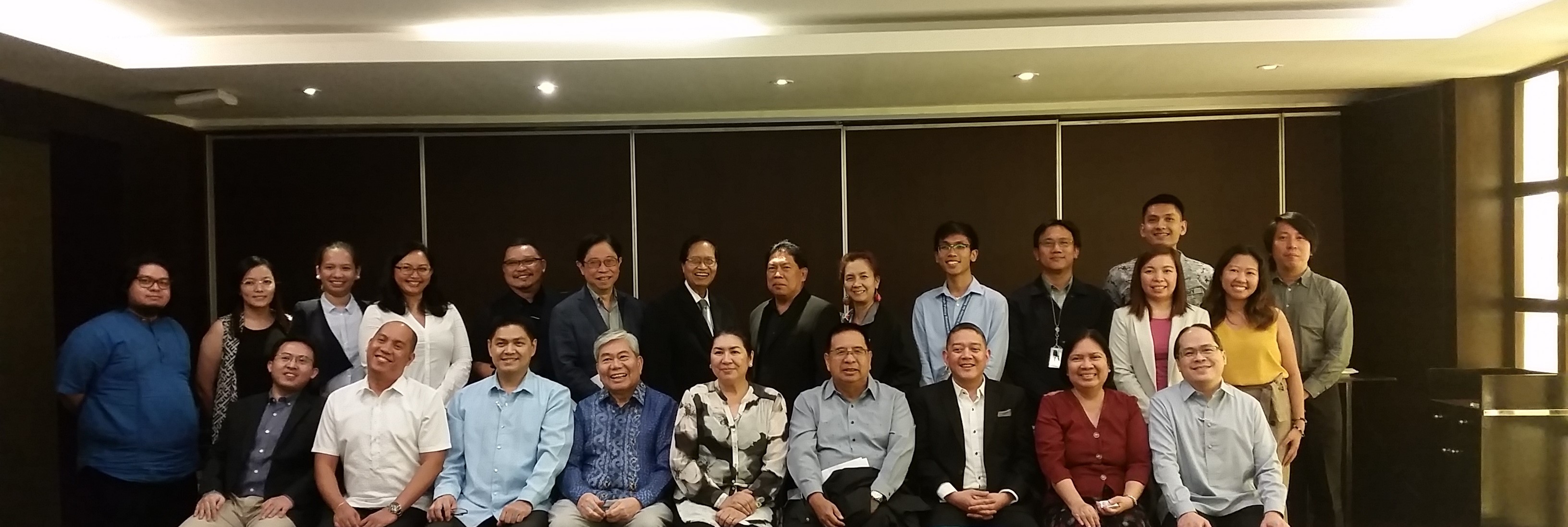News and Events
Pathways, Global Times discuss Philippines-China ties, Filipino perceptions toward its neighbor
- Details
On February 26, Pathways met with a Global Times delegation led by the editor-in-chief Hu Xijin to exchange views about Philippines-China relations. The discussion focused on the South China Sea disputes, infrastructure cooperation, and the prevalence of online gaming in the Philippines, whose target market are Chinese mainlanders. The negative perception towards misbehavior of some Chinese in the Philippines was also brought up during the exchanges. The delegation was eager to learn about how Filipinos see China given the above mentioned developments in their relations.

A conversation with Southeast Asia expert Dr David Camroux
- Details

On 12 February 2019, Pathways was joined by Dr David Camroux, Honorary Senior Research Fellow at SciencesPo, for a conversation on the Association of Southeast Asian Nations (ASEAN) and the Indo-Pacific concept. His visit was part of an EU-funded project titled Competing Regional Integration in Southeast Asia (CRISEA).
Joining the conversation were Dr Aileen Baviera, Dr Gilbert Llanto, Dr Charmaine Willoughby; Mark Manantan; and Grace Guiang.
Pathways participates in U.S.-Philippines Bilateral Conference 2019
- Details

Photo Source: Ateneo School of Government
Leading experts of the Asia Pacific Pathways to Progress gave their respective views on the evolving partnership between the U.S. and the Philippines during the conference on “The Future of the Philippine-American Bilateral Relationship” held last 7-8 February 2019 at the Manila Peninsula. The conference, organized by the U.S. Embassy, The Asia Foundation, and the Ateneo de Manila School of Government, covered wide-ranging issues from assessing the status of the U.S.-Philippine Alliance, countering violent extremism, responding to regional challenges, increasing maritime security cooperation, enhancing trade and investment, as well as boosting technology and Innovation. The US government, through its Deputy Assistant State Secretary Walter Douglas, also provided a policy perspective on its Free and Open Indo Pacific Strategy.
Experts on the BIMP-EAGA highlight recent developments, enhanced cooperation in hopes of revival
- Details
The Asia Pacific Pathways to Progress Foundation Inc. hosted a roundtable discussion on the Brunei-Indonesia-Malaysia-Philippines East ASEAN Growth Area (BIMP-EAGA) which aimed to evaluate the opportunities and challenges in reviving the sub-regional growth triangle as part of the cooperation efforts between China and selected ASEAN countries. The subregional linkages have assumed added relevance in the framework of China’s Belt and Road Initiative, ASEAN economic integration and connectivity plans, as well as expected progress in the establishment of the Bangsamoro autonomous region.

